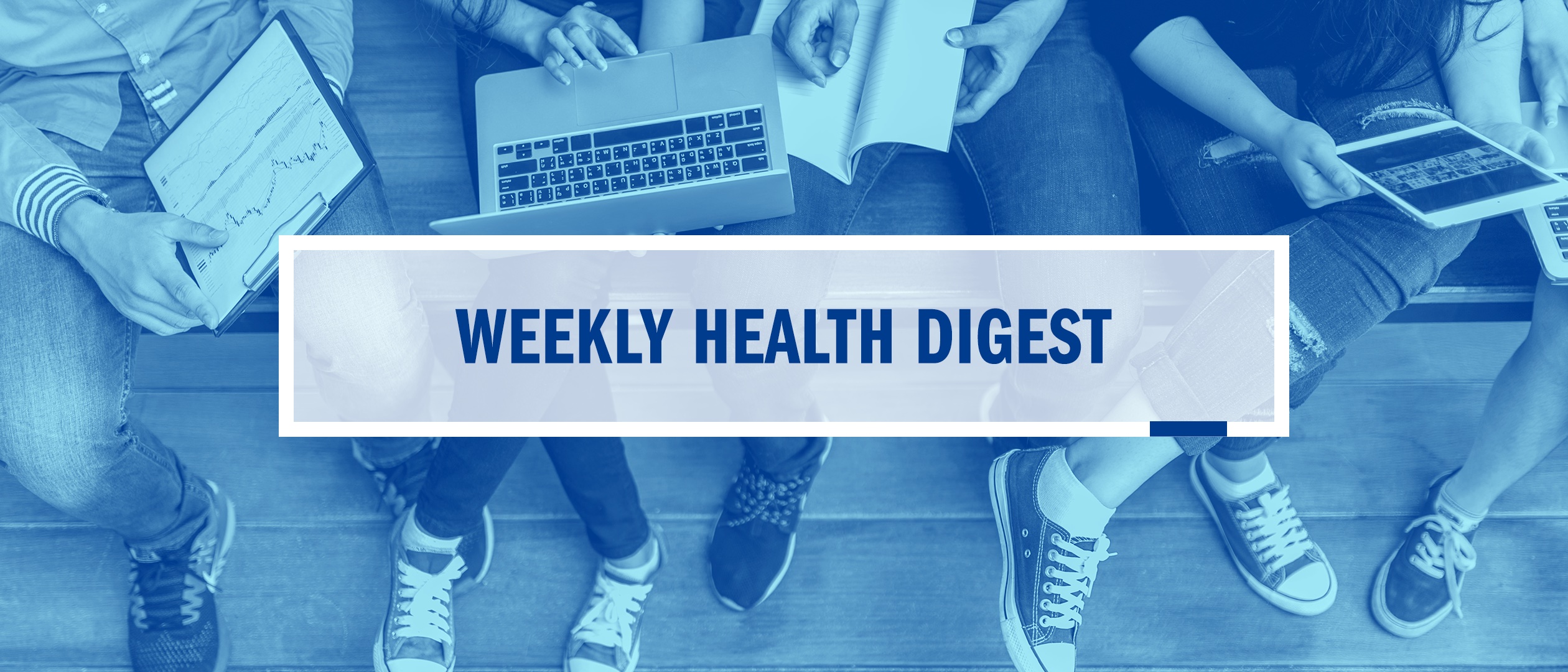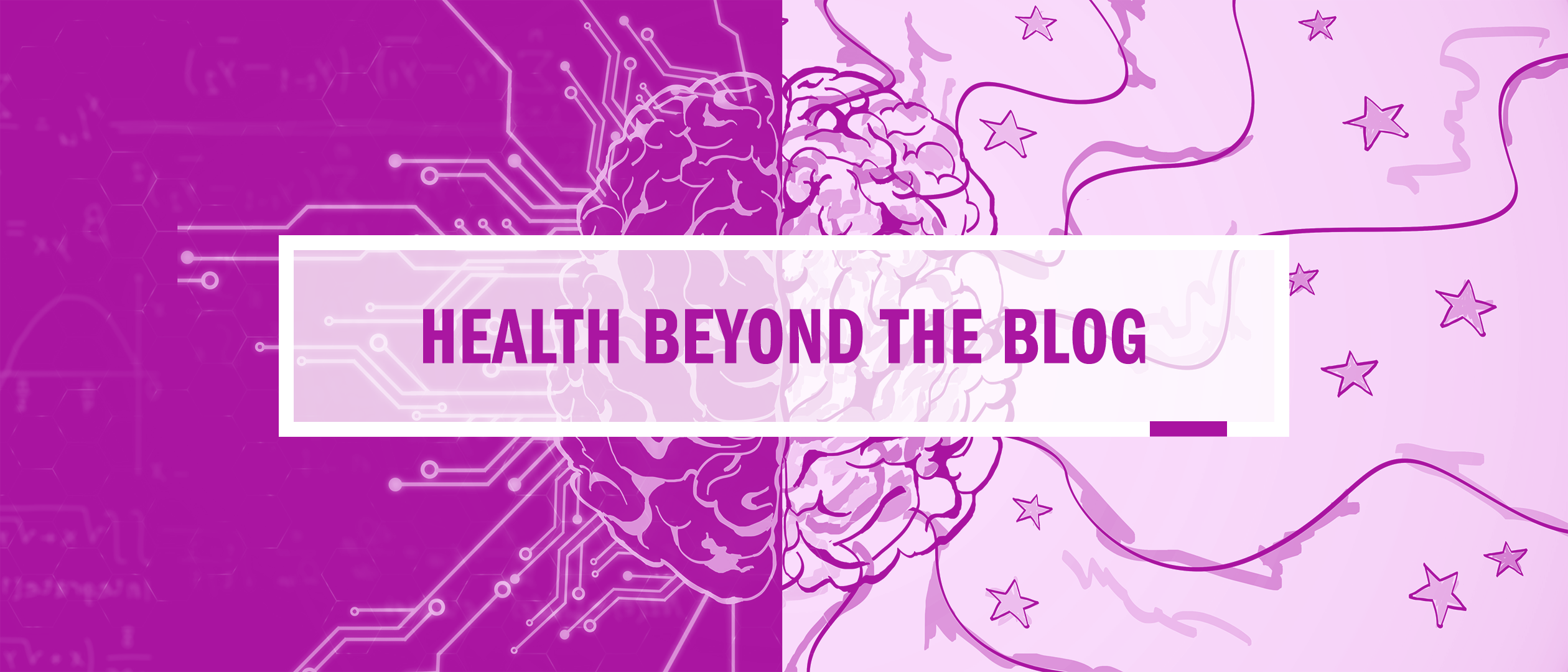New from the @EmoryCSHH News Team: As experts highlight the urgent need for an improved dengue vaccine, a new debate emerges about whether alcoholic beverages should carry cancer warning labels. Meanwhile, the author of "Anxious Generation" argues for granting children a "license to roam" to enhance their autonomy.
A summary of important health news from the past week.
Study suggests drinking coffee before exercise may help burn more fat
By: Kimberle Drake
A 2019 review of 21 published meta-analyses suggests that caffeine can increase exercise performance by enhancing anaerobic power, aerobic endurance, and muscle endurance and strength. Data also show that caffeine’s positive effect on these performance markers is more pronounced during aerobic exercise sessions than during anaerobic exercise. In this triple-blind, placebo-controlled study, each participant completed an exercise test four times – twice in the morning and twice in the afternoon – using a bicycle ergometer. A 7-day interval separated each test. At 30 minutes before every test, the participants consumed either 3 mg per kilogram of body weight of caffeine, which is the equivalent of a strong coffee, or a pure microcrystalline cellulose placebo. The researchers measured MFO and maximal oxygen uptake using indirect calorimetry and calculated the intensity of exercise required to reach optimal MFO. The study results showed that participants who consumed the caffeine had increased MFO and VO2max during exercise tests that took place in the morning and afternoon. Afternoon exercise tests showed more increases in MFO and VO2max than morning exercise tests. During morning exercise sessions, caffeine consumption increased MFO to a similar level as afternoon tests in the participants who did not consume caffeine. However, more study is needed due to a small sample size and lack of racial considerations.
Amazon to Offer Telehealth Service to Other U.S. Firms This Summer
By: Sebastian Herrera, Dave Sebastian and Sarah Krouse
Amazon said it is expanding its virtual and at home primary-care service, Amazon Care, to its employees and other companies nationwide this summer. Launched in 2019, Amazon Care was available to its employees in the Seattle area, Amazon’s headquarters. It began by offering virtual primary care services via the Amazon Care app, and has expanded to providing prescription medicine deliveries and at-home medical care, such as listening to a patient’s lungs and blood draws. Amazon plans on expanding its locations to Baltimore, Washington D.C., and other areas in upcoming months.
Too Much High-Intensity Exercise May Be Bad for Your Health
By: Gretchen Reynolds
High Intensity Interval Training (HIIT) consists of exchanging periods between brief bursts of hard exercise and a few seconds or minutes of rest. HIIT workouts are appealing because of the quick nature and ability to improve our aerobic fitness. However, a new study on the molecular effects of HIIT found declines in the function of the mitochondria and other adverse health effects when people began to work out intensely everyday. The results of another study suggests HIIT workouts should not be excessive if increased health is the desired outcome. For those interested in high intensity interval training, findings suggest to start small, and not to train excessively.
COVID-19 Risks and Vaccine Access for Individuals Experiencing Homelessness: Key Issues to Consider
By: Olivia Pham, Robin Rudowitz, Jennifer Tolbert
Even as states continue to expand COVID vaccine eligibility criteria, very prominent barriers to access still exist for many Americans. Homeless citizens in particular continue to face unique barriers to access to care, and now prevention, during the pandemic. Despite being at high risk for infection and complications due to underlying conditions (which many have), only 25 states have prioritized vaccination for homeless residents. Yet, efforts to equalize vaccine distribution and access continue to emerge. In February, the Biden administration created the Health Center COVID Vaccine Program, giving 250 homeless-serving health centers direct vaccine access, which has since been expanded to include some 700 centers. State health departments have also begun to fund mobile teams, bringing vaccines and other resources to homeless populations and bridging gaps in access.

